Teaching children to play chess found to decrease risk aversion
Por um escritor misterioso
Last updated 12 abril 2025

A trio of researchers from Monash University and Deakin University has found that teaching children to play chess can reduce their aversion to risk. In their paper published in Journal of Development Economics, Asad Islam, Wang-Sheng Lee and Aaron Nicholas describe studying the impact of learning chess on 400 children in the U.K.

Minimax: A Game Changing Strategy for People Analytics
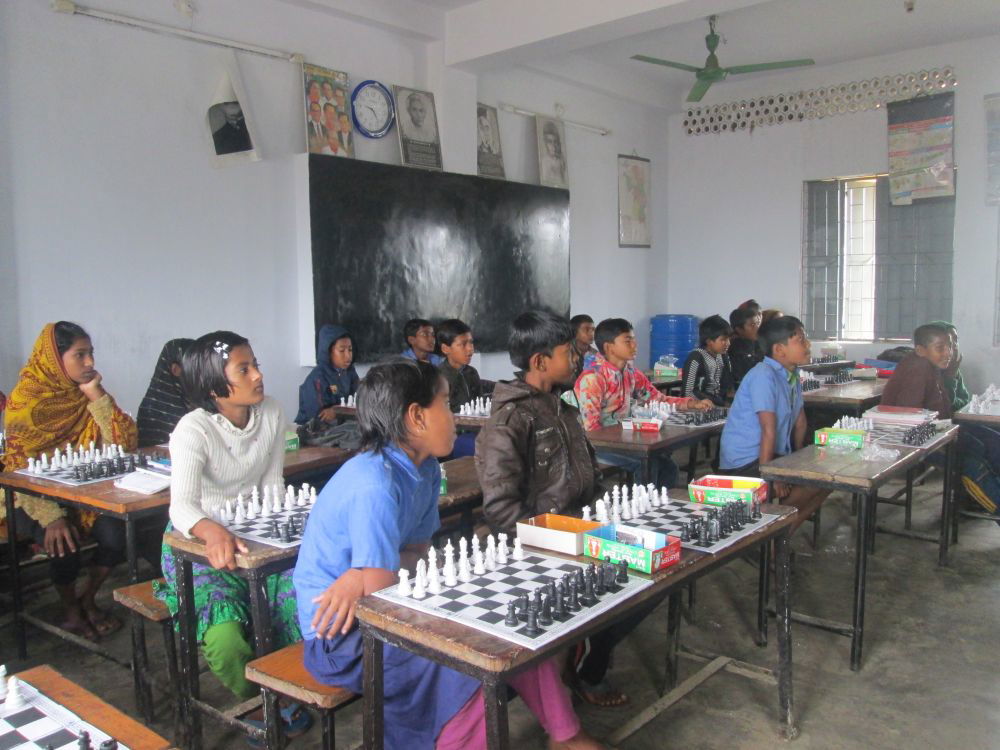
Chess in Schools - Helping Children Make the Right Move in Life

The Effects of Chess Instruction on Academic and Non-cognitive
/cloudfront-eu-central-1.images.arcpublishing.com/prisa/3NGGVXWVXJCBLL2HWGWQJWFFUM.jpg)
Psychology: Scientists say too much glutamate is why thinking hard
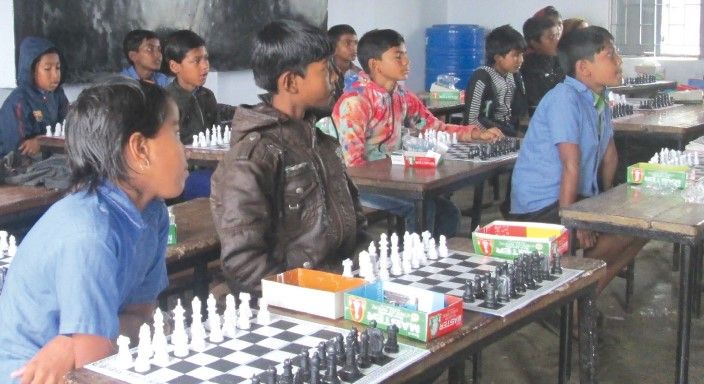
Playing chess reduces risk aversion in children

All the Right Moves: Teaching Chess (and Life) to At-Risk Children

learning chess at young age - Online Chess Coaching

Why is Chess important for young kids? - HobSpace - Chess Blog
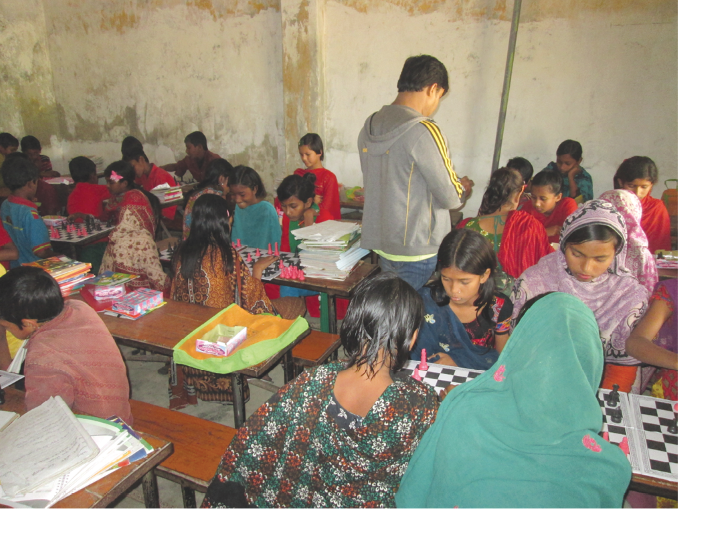
Playing chess reduces risk aversion in children
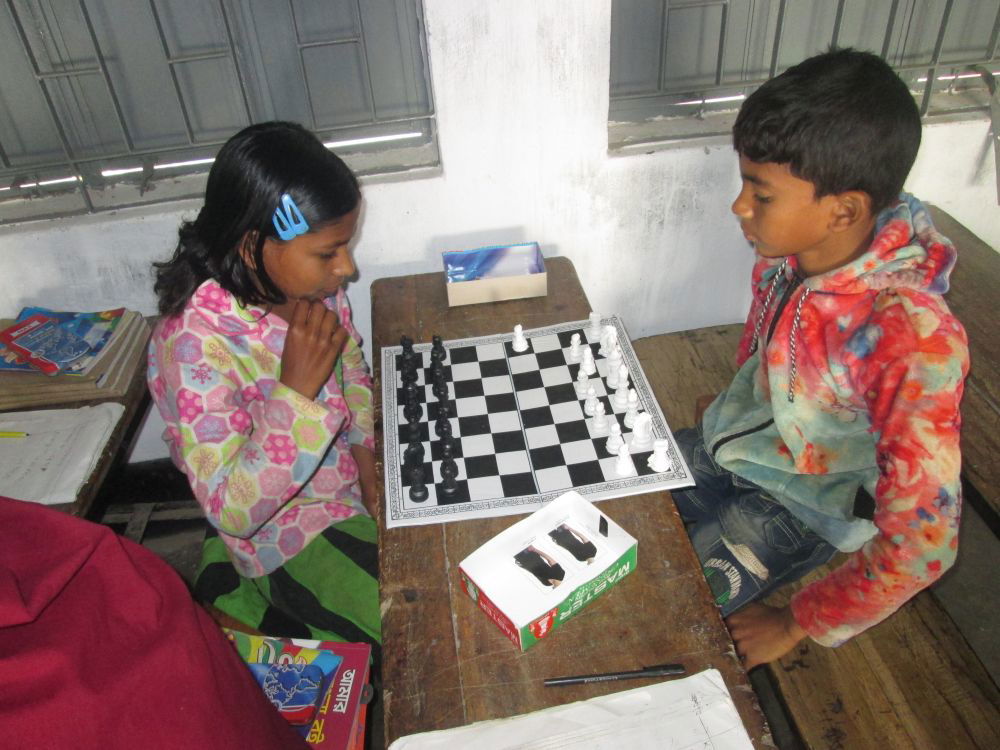
Chess in Schools - Helping Children Make the Right Move in Life

How Chess Helps At-Risk Kids

When seizures disrupted his chess skills, Colorado teen made his move
Recomendado para você
-
 Play Chess Online Against the Computer12 abril 2025
Play Chess Online Against the Computer12 abril 2025 -
 9 Benefits of Playing Chess: Plus Potential Downsides12 abril 2025
9 Benefits of Playing Chess: Plus Potential Downsides12 abril 2025 -
 10 Benefits of Playing Chess - Battersea Chess Club12 abril 2025
10 Benefits of Playing Chess - Battersea Chess Club12 abril 2025 -
 How to Play Chess: 4 Basic Rules of Chess You Must Know12 abril 2025
How to Play Chess: 4 Basic Rules of Chess You Must Know12 abril 2025 -
 Online Chess Game: Expectations vs Reality12 abril 2025
Online Chess Game: Expectations vs Reality12 abril 2025 -
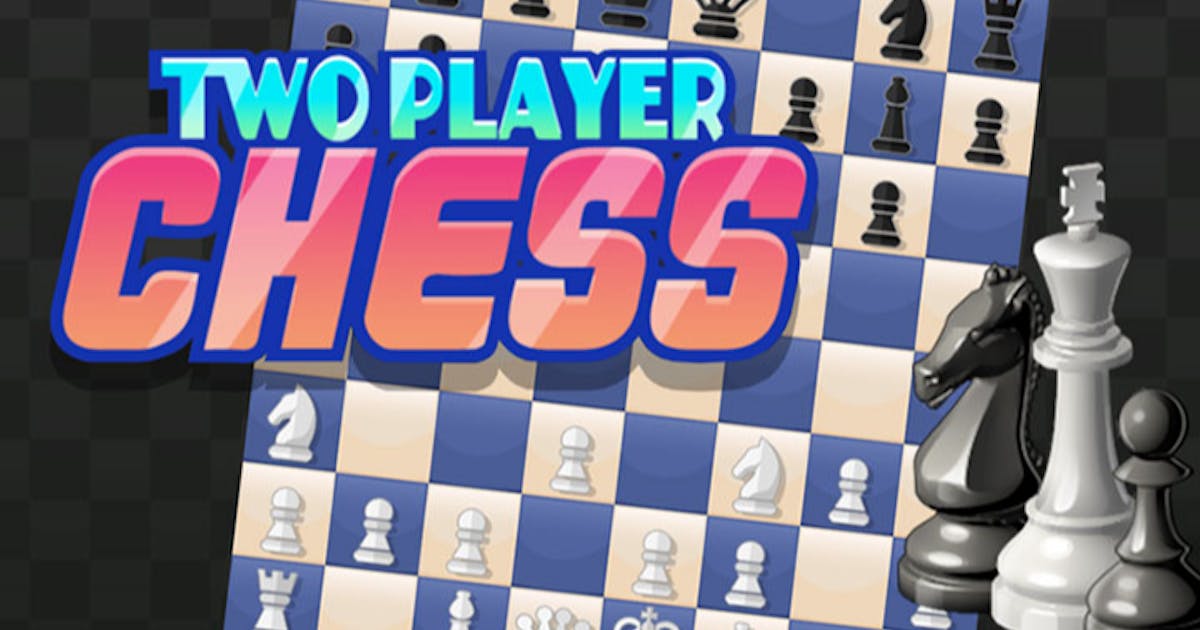 2 Player Chess 🕹️ Play on CrazyGames12 abril 2025
2 Player Chess 🕹️ Play on CrazyGames12 abril 2025 -
Chess – Apps on Google Play12 abril 2025
-
:max_bytes(150000):strip_icc()/dv2015029-56a136155f9b58b7d0bd0d71.jpg) How to Play Chess12 abril 2025
How to Play Chess12 abril 2025 -
 How to play chess for beginners 202312 abril 2025
How to play chess for beginners 202312 abril 2025 -
 3 Basic Opening Strategy Principles12 abril 2025
3 Basic Opening Strategy Principles12 abril 2025
você pode gostar
-
 jinx chapter 32 em português brasil|Pesquisa do TikTok12 abril 2025
jinx chapter 32 em português brasil|Pesquisa do TikTok12 abril 2025 -
 Super Mario All-Stars - SNES12 abril 2025
Super Mario All-Stars - SNES12 abril 2025 -
 Modelos de arte de impressões digitais para pinturas infantis etapas educação para fotos infantis de insetos ilustrações de jogos engraçados vetoriais recentes12 abril 2025
Modelos de arte de impressões digitais para pinturas infantis etapas educação para fotos infantis de insetos ilustrações de jogos engraçados vetoriais recentes12 abril 2025 -
 Yuuna and the Haunted Hot Springs Vol.1-24 Complete Set Comic12 abril 2025
Yuuna and the Haunted Hot Springs Vol.1-24 Complete Set Comic12 abril 2025 -
 How to Set Up a Nintendo Switch Account for beginners12 abril 2025
How to Set Up a Nintendo Switch Account for beginners12 abril 2025 -
 IPACE12 abril 2025
IPACE12 abril 2025 -
 Uncharted 4 character faces contains 500 bones - Uncharted 4: A Thief's End - Gamereactor12 abril 2025
Uncharted 4 character faces contains 500 bones - Uncharted 4: A Thief's End - Gamereactor12 abril 2025 -
 God of War: Chains of Olympus PSP Box Art Cover by MARKER12 abril 2025
God of War: Chains of Olympus PSP Box Art Cover by MARKER12 abril 2025 -
 World of Warships on X: If your favorite ships were space ships from a galaxy far away, what would they be? #MayThe4thBeWithYou / X12 abril 2025
World of Warships on X: If your favorite ships were space ships from a galaxy far away, what would they be? #MayThe4thBeWithYou / X12 abril 2025 -
Pallace Sports12 abril 2025
